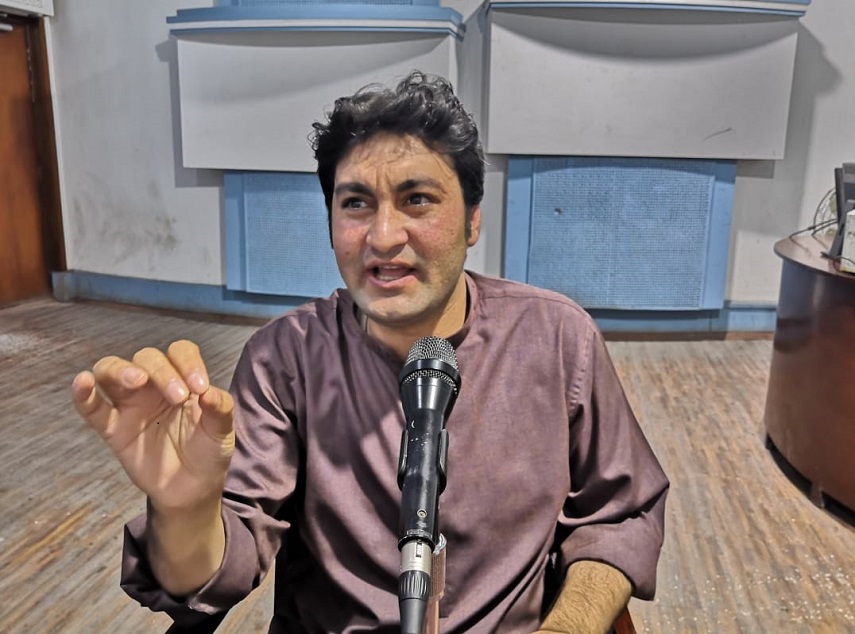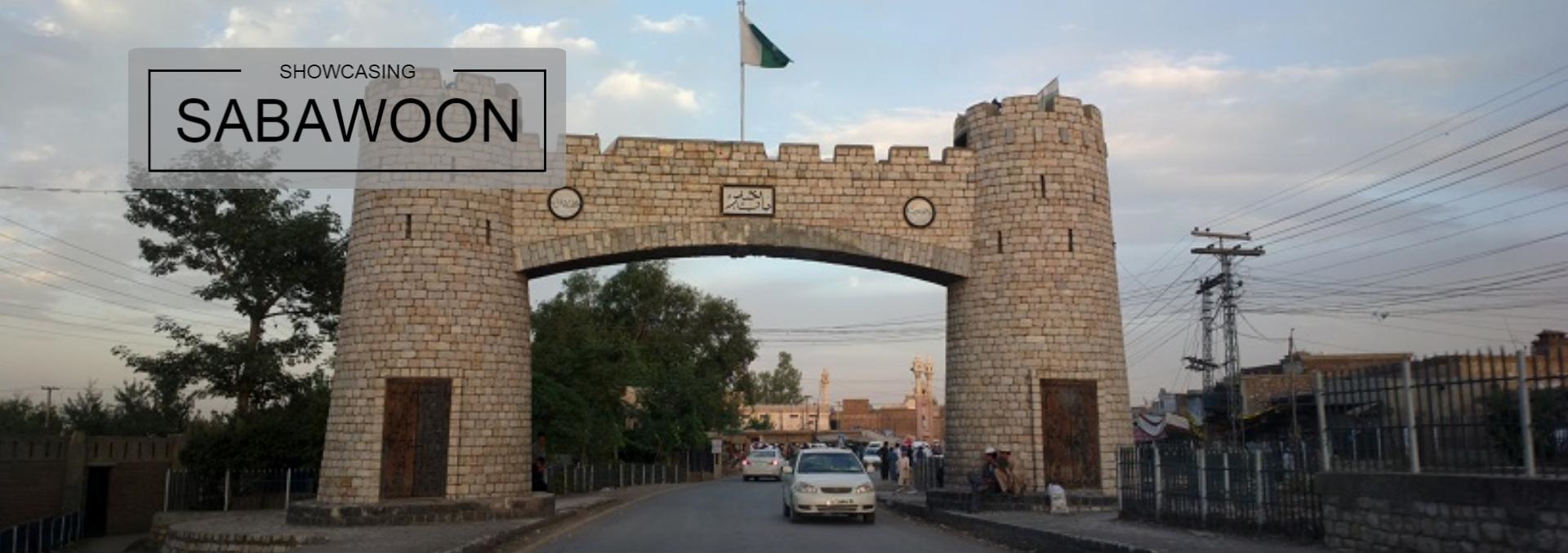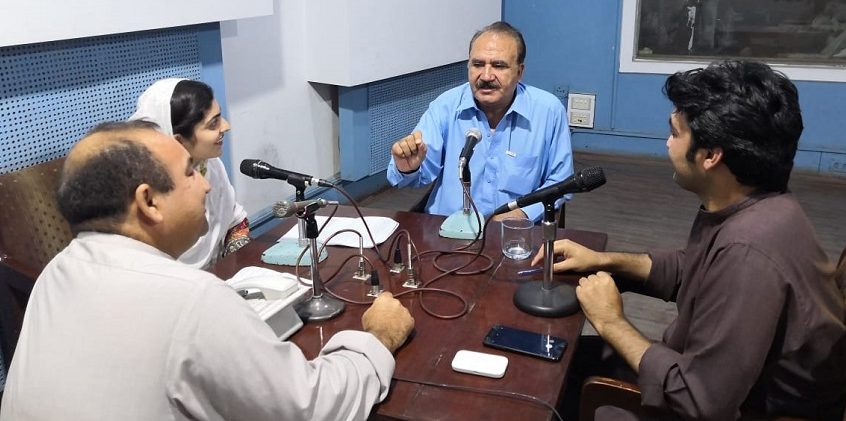Right to Health for Females, Facilities and Challenges
In the latest episode of Ranra (Light) the right to health for females and challenges in this regard were highlighted.
Recent information shows that more than 4% of women have no access to basic health facilities along with a very high mortality rate of 48% which raises serious concerns for the female population.
The guest on the show Dr. Ismail, Principal Medical Officer (PMO) by profession said that health is a matter of great concern, especially when we talk about women. It is not only the fundamental human right to have good health facilities but also the key component of Universal Declaration of Human Rights (UDHR) moreover it is the constitutional right of citizens of the country that the state provides them with all the basic health facilities.
While talking about the provision of reproductive health facilities in hospitals whether government or private, he addressed that the health system and mechanisms have improved to a great extent as strict implementations have been observed. Although the mushroom growth of private hospitals and clinics has been evident however people are still suffering not only because of expensive treatments but also because the resources of government hospitals have been divided because doctors of government hospitals have started their private clinics with increased fee structures.
He added that sensitization of importance of health and the hazards revolving around improper and delayed treatments must be taken into consideration and for that matter role of civil society and media can definitely be an effective tool to spread awareness through health campaigns. The second guest on the show Dr. Izhar, a nephrologist by profession discussed the issue of recent doctor’s strike and said that the types of reforms the government is trying to bring are although not against the interest people nor doctors completely but there are certain points of concern due to which doctors went for strikes and have put their demands in front of government. He said that one of the demands in the strike was the transfer issue of young doctors into their respective areas.
The second guest on the show Dr. Izhar, a nephrologist by profession discussed the issue of recent doctor’s strike and said that the types of reforms the government is trying to bring are although not against the interest people nor doctors completely but there are certain points of concern due to which doctors went for strikes and have put their demands in front of government. He said that one of the demands in the strike was the transfer issue of young doctors into their respective areas.
While talking about the female reproductive health issue, he said that certain areas still need improvements e.g. establishment of BHUs in backward areas for easy accessibility but the responsibility on behalf of people should also be taken into consideration.
While answering a question, he said that the government needs to take strict action against those violators who are trying to exploit the public by opening private clinics without the expertise and specialized degrees and making a business out of public health.
The report by Ceena Naeem form Peshawar shared that although the current government has introduced various reforms in government hospitals but still people have serious concerns over the availability of sufficient staff in the hospitals as well as the issue of not providing poor patients with free medicines is a concern.
The report by Farid Shinwari shared that small hospitals lack qualified doctors and the expensive treatment in private hospitals is inaccessible for the public. The government, in last few years, has claimed reforms and relief for the common public as health facilities are a concern but still there are loopholes and there is no proper check and balance in certain government hospitals.
About Sabawoon:
Sabawoon airs in Khyber Pakhtunkhwa (KP) and Federally Administered Tribal Areas (FATA) since 2011. It began as a counter-radicalization, strategic communications program, designed to highlight and promote the fundamental governance values such as democracy, rule of law, women’s rights, and equal citizenry, social cohesion.
The show airs Tuesday through Thursday every week under four themes on FM-101.5 Peshawar and Dera Ismail Khan 711 kHz from 3:20 PM to 4:00 PM.
On Tuesday, Jarga Maraka covers current affairs and important regional issues with input from government and other senior officials. Jwandai Jazbey airs on Wednesday and deals with issues of relevance to, and significance for, youth, students and women. Socio-cultural and female issues are discussed in Ranra on Thursday.
The primary objective of the show has been to underline the criticality of constitutionalism, fundamental rights, public accountability and the rule of law for countering extremism illegalities of all forms.


